One of the smartest things the Marvel Cinematic Universe’s Spider-Man trilogy did with the character was introduce him after the point of being bitten by the radioactive arachnid and Uncle Ben’s death, but before he’d fully grown into his role as New York City’s friendly neighborhood superhero.
That way, Tom Holland’s stint under the spandex was able to avoid retelling Peter Parker’s origin story for the third time in fifteen years, while still allowing director Jon Watts and star Tom Holland to tell a three-film arc that follows the high school student as he gets to grips with balancing his double life.
In an interview with The Wrap, writers Chris McKenna and Erik Sommers detailed how Homecoming, Far From Home, and No Way Home were effectively an extended origin story of sorts, with McKenna explaining that it was all about Peter discovering that great power does in fact come with great responsibility.
“I think we’re always trying to tell an organic story with Tom Holland’s Peter Parker, knowing that we can’t be reliant on anything else other than he’s got to go his own way at the end of this movie, each movie, and not be reliant on something that we … God knows, I think it’s been incredible, we’ve been a part of this collaboration with Sony and Marvel Studios, and [Spider-Man producers] Amy [Pascal] and Kevin [Feige]. I think we always know that it’s total hubris to think, ‘Oh, we’re going to end with a certain cliffhanger that will require things that we can’t depend on.
If it ends here, great. If this is the end of this, if this is all about, ‘Oh, this was all …’ If you look backward and go, ‘This was an origin story that took place over three stories to get this Peter Parker to this place where he’s stripped-down, anonymous, has no billionaire benefactor, has been through the sacrifice of what it really means to have this power and what that responsibility that goes along with that is, and is now having to look for how to pay rent.’ I think that would be really satisfying, I think that’d be really cool.”
No Way Home‘s ending was a hugely effective one, in that it satisfyingly tied up Holland’s first trio of standalone blockbusters with a neat narrative bow, but still left the door wide open for further adventures. We know that a fourth Spider-Man is already in early development, but it’s working from a relatively blank slate that should distance it from what came before.

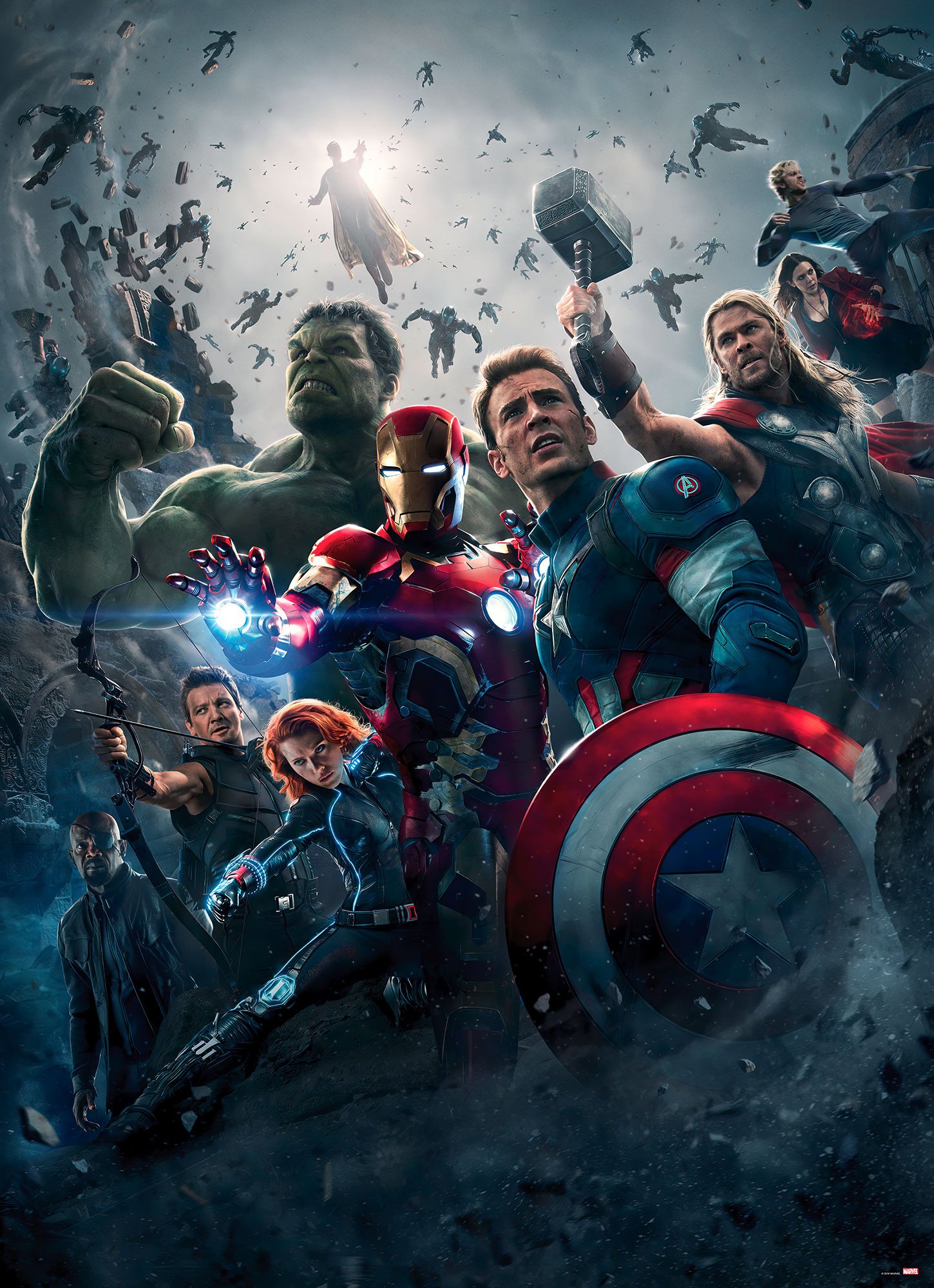


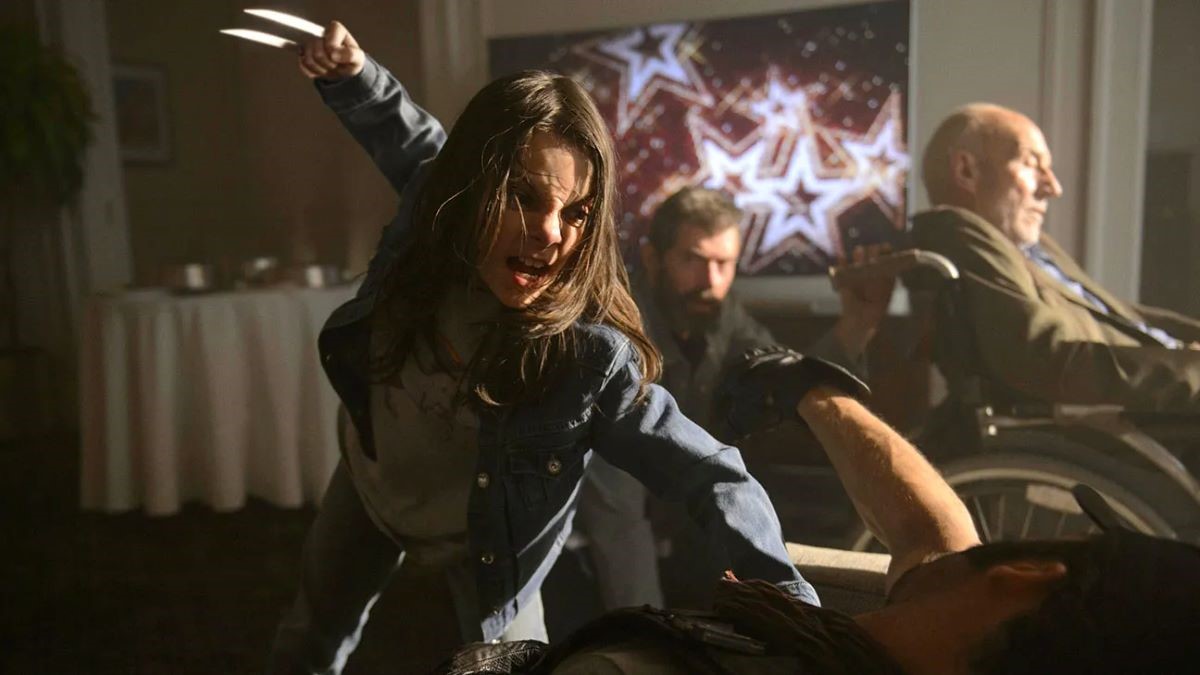
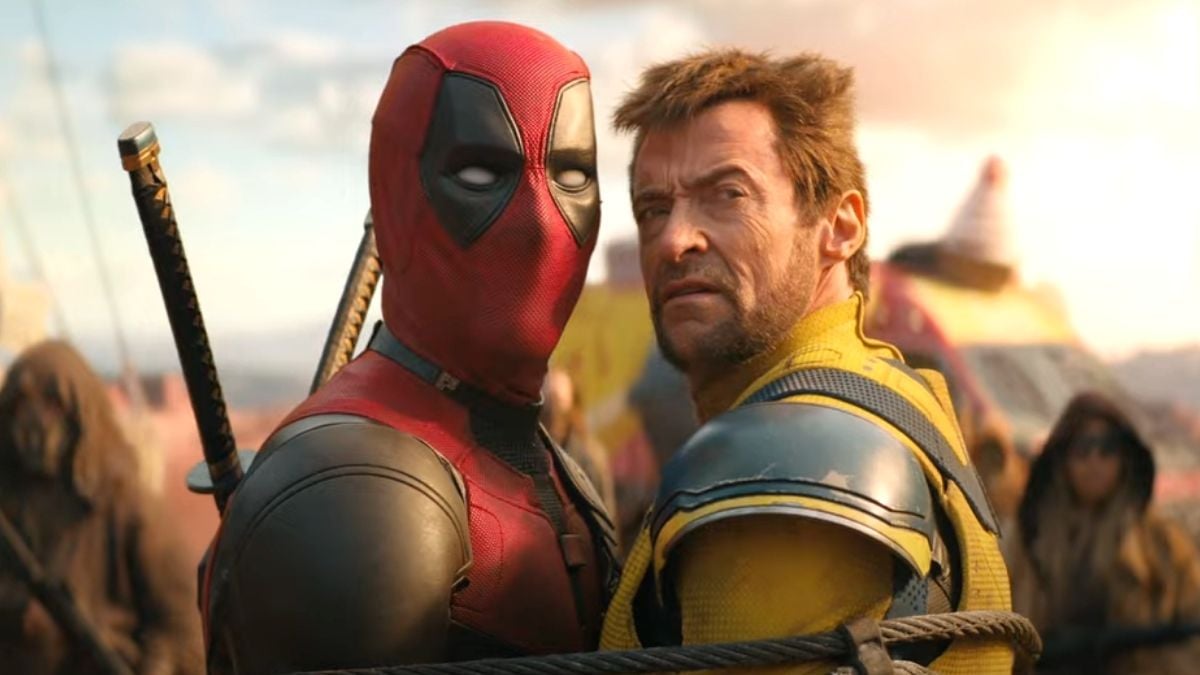
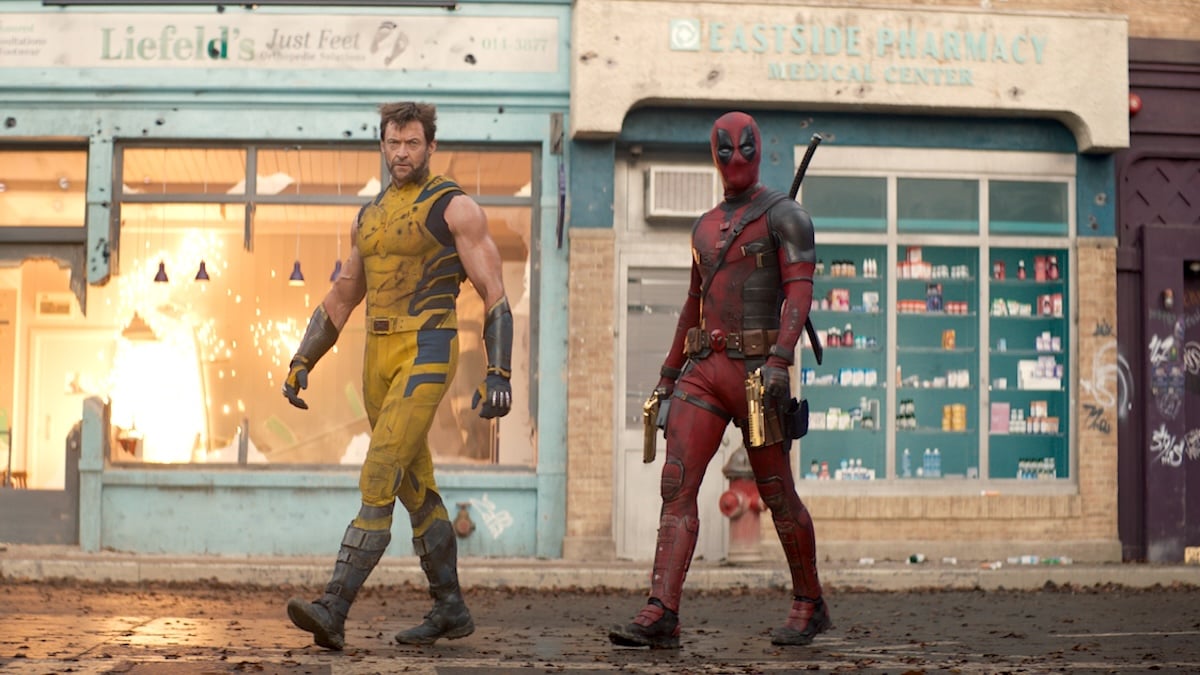
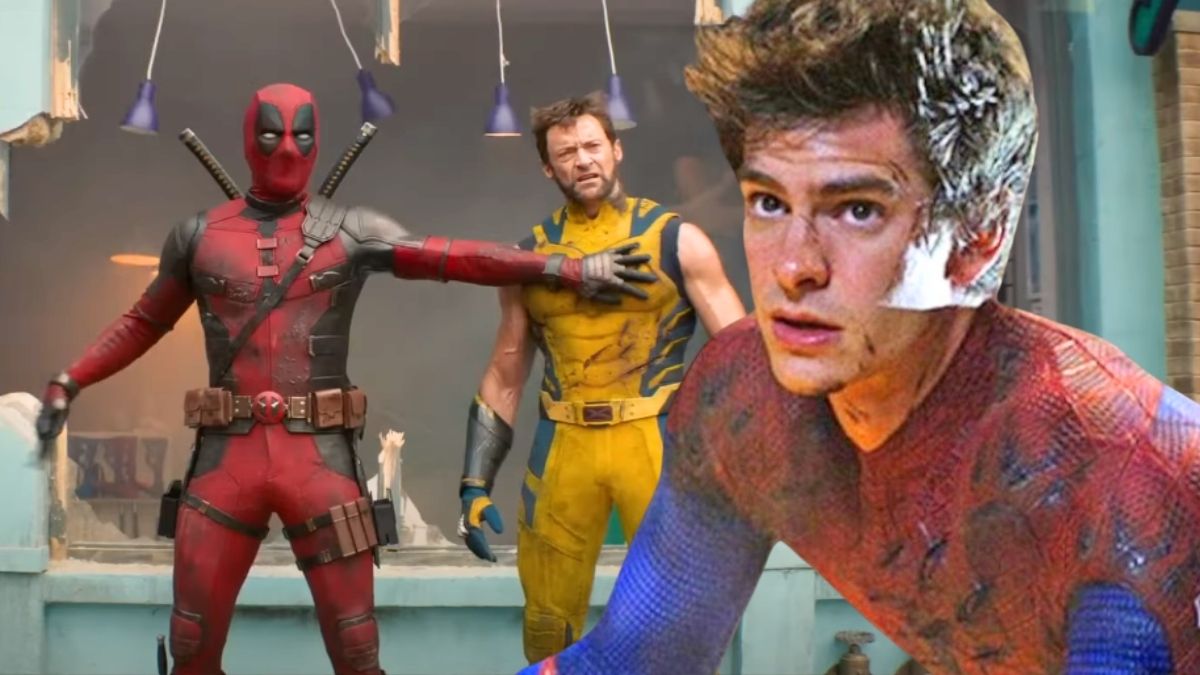
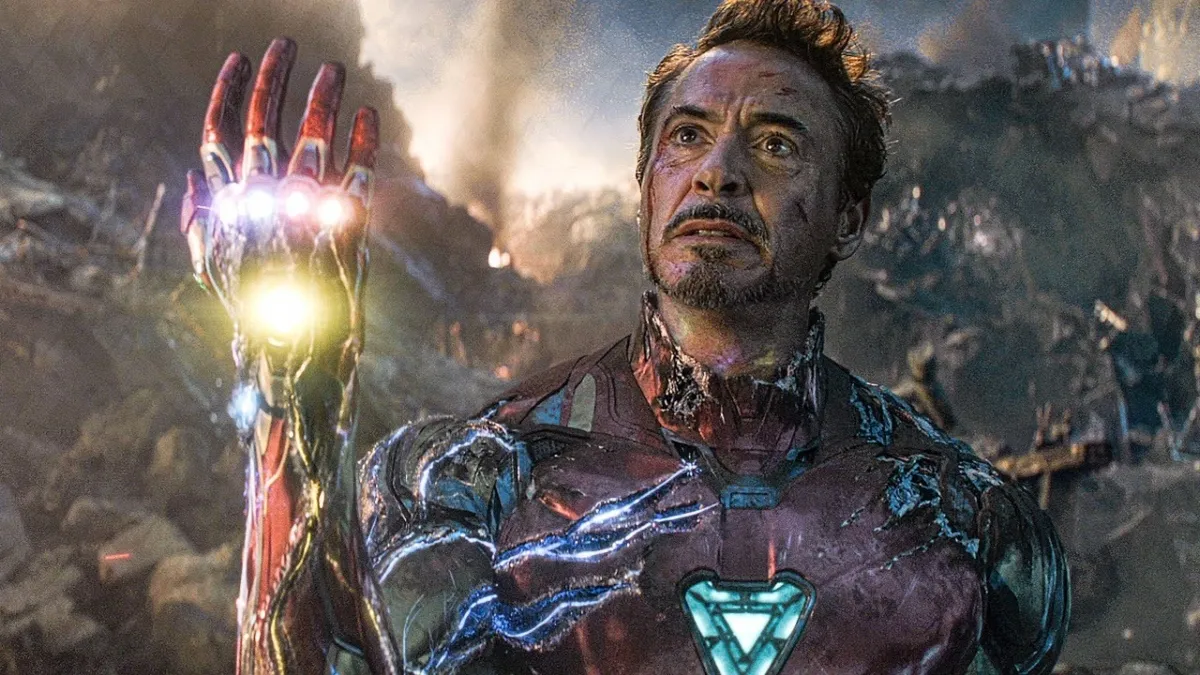
Published: Jan 10, 2022 04:12 am